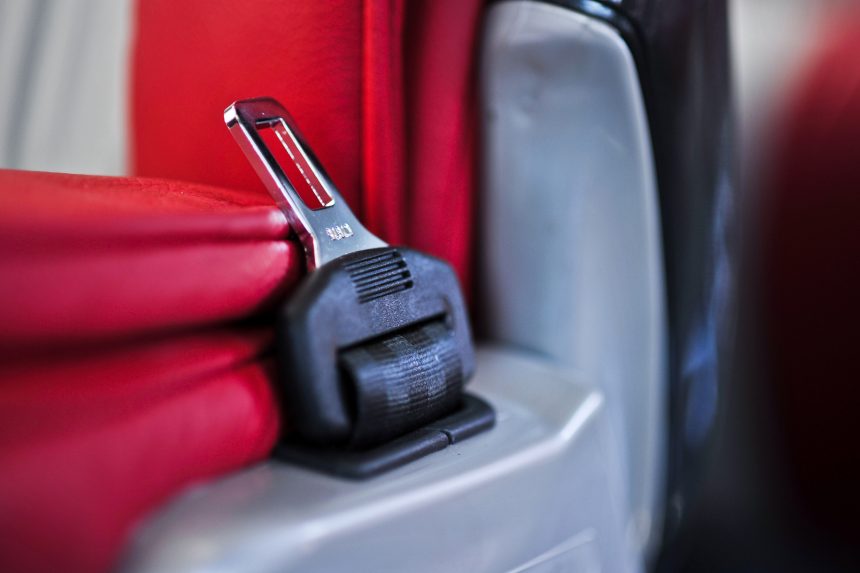DVSA continues to remind coach and bus operators with seatbelt-equipped vehicles that they must take “all reasonable steps” to ensure that those restraints are used, but the Department for Transport (DfT) otherwise does not plan to change current seatbelt wearing requirements.
The DVSA work forms part of a ministerial response to a Prevention of Future Deaths report published in October 2023 by Senior Coroner for Liverpool and Wirral Andre Rebello after a coach crash on the M53 motorway in which the driver and a 14-year-old passenger died.
In that report, Mr Rebello noted that neither deceased party was wearing a seatbelt. The document was sent to Secretary of State for Education Gillian Keegan and Secretary of State for Transport Mark Harper because it raised concerns that further deaths could occur where seatbelts are not used on what Mr Rebello calls “school commuter coaches.”
Those ministers were required to reply to the Senior Coroner’s report, and did so on 15 December. They note that DVSA has been requested to remind coach and bus operators of their obligation to take reasonable steps to notify passengers of the requirement to wear a seatbelt when fitted.
“This can be done through official announcements, audio-visual presentations, or prominently displayed signs at each seat,” the response states. “It is an offence to fail to comply with this requirement.” DVSA has now sent two communications underlining that.

Also part of the ministers’ response is that DfT does not intend to change the position where drivers of large buses (defined by law as having more than eight passenger seats and a GVW of over 3,500kg) are not legally obliged to ensure that children aged under 14 use a seatbelt where one is fitted.
Receipt of Mr Rebello’s report led DfT to again reconsider that. However, the response from ministers adds that “imposing a legal obligation on coach drivers to ensure that all children aged under 14 wear seatbelts would be inappropriate.”
They believe that such a requirement would be “seen as unfair to drivers, considering the potential number of children on a coach, as it could pose a distraction with significant road safety implications. As a result, DfT does not intend to make any changes to the current seatbelt wearing requirements.”
Ms Keegan and Mr Harper say that they wish to learn from the M53 crash and note that DfT’s THINK! road safety campaign produces educational materials for schools, as well as road users.
As part of the government response to Mr Rebello’s concerns, the THINK! website has been amended to include a reference to children aged 14 and above being “personally responsible for wearing their seatbelt.”
The Department for Education (DfE) will work with THINK! “to ensure [that] education materials on seatbelt compliance are shared with education settings and are embedded,” the letter says. That will include sharing updated DfT guidance on seatbelt compliance, and messaging.
“DfE also proposes to make a small amendment to the existing statutory guidance on home-to-school travel to state that parts of it, including the sections on promoting good behaviour in transport, will be of particular relevance to schools that arrange home-to-school transport for their pupils,” the response continues.
Ms Keegan and Mr Harper’s letter here.



























